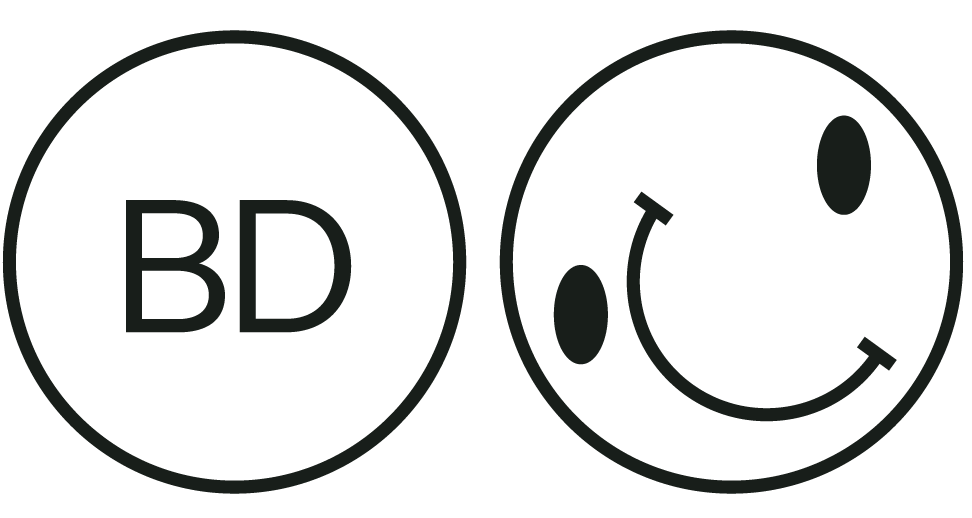Freedom From Shame 05 | You Can Grow From Your Failures
Shame is an emotion and experience that every person in human history has felt—with the exception of Jesus. It is a human experience that can wreak havoc on our soul and mental health. Shame can haunt us, constantly pursuing us with lies about ourselves and our worth. It can also paralyze us, leaving us feeling stuck in our flaws and failures.
Shame is experienced for the first time in human history in Genesis 3:
“Then the eyes of both of them were opened, and they realized they were naked, so they sewed fig leaves together and made coverings for themselves.” (Genesis 3:7, NIV)
Adam and Eve, after the fall, felt the devastating effects of living contrary to God's design. They had chosen not to trust God's guidance and design. As a result, they experienced spiritual, relational, psychological, and emotional consequences. They attempted to hide from God, and they attempted to hide from each other.
This is a picture of shame. Shame is an exposure of our nakedness—we have been revealed as imperfect and flawed.
How do we find freedom from shame?
I would like to share with you a few lessons from Adam and Eve’s response to shame that can lead us to a place of freedom—this is the fifth of five insights on shame that can lead you to freedom from shame.
You Can Grow From Your Failures
When Adam and Eve first experienced shame, they made a common human response to shame, described in Genesis 3:
“And he said, ‘Who told you that you were naked? Have you eaten from the tree that I commanded you not to eat from?’ The man said, ‘The woman you put here with me—she gave me some fruit from the tree, and I ate it.’ Then the Lord God said to the woman, ‘What is this you have done?’ The woman said, ‘The serpent deceived me, and I ate.’” (Genesis 3:11-13, NIV)
Instead of taking responsibility for their decision to do what God told them not to do (and by the way, He told them not to eat from the Tree of the Knowledge of Good and Evil because He loved them), they chose to blame-shift.
Blaming is a defense mechanism often connected to guilt and shame.
Adam and Eve did not want others to see their nakedness.
The reason we blame instead of taking responsibility is that we don’t want people to see our flaws, failures, and imperfections.
Maybe we need to be more intentional about creating relational environments where it is safe to be human, safe to fail, safe to be imperfect, and safe to be flawed—and still be loved.
In a safe environment, taking responsibility does not lead to condemnation.
In a safe environment, taking responsibility leads to healing and growth.
Blaming as a form of defense almost always makes things worse.
We don’t have to blame. You can grow from your failures.
We can choose to take responsibility for our bad decisions, and that can be a catalyst for personal growth.
In Jesus, your bad decisions are forgiven.
In Jesus, your bad decisions do not define you as a person.
In Jesus, your bad decisions do not define your future.
We all make bad decisions.
“For all have sinned and fall short of the glory of God.” (Romans 3:23, NIV)
Your bad decisions don’t have to be a source of shame; they can become a redemptive catalyst to make you more like Jesus and make your future better.
There are better days ahead.
Much Love + Peace,
Wesley, Founder

